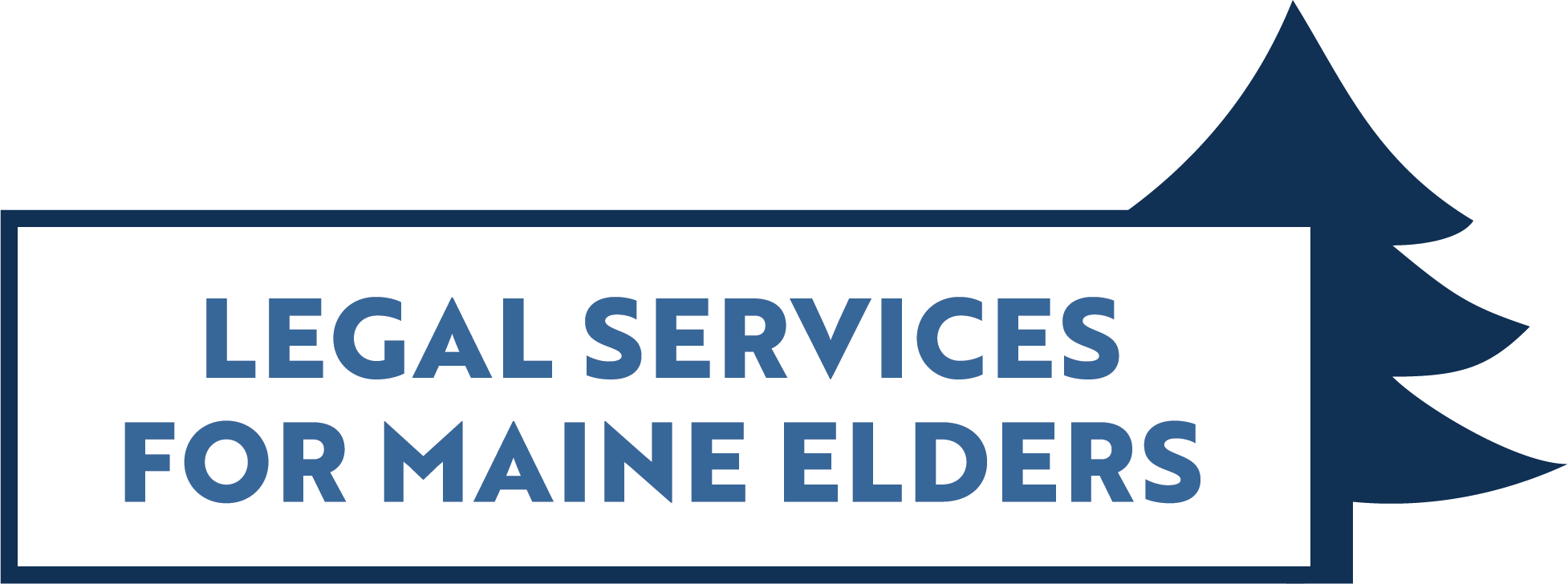Housing assistance programs are designed to help low-income people obtain safe, clean and affordable housing. The federal government, through the United States Department of Housing and Urban Development (HUD) administers low-income housing aid on a local level. The local housing authorities (HAs) are responsible for managing and administering housing assistance to people who qualify.
Eligibility requirements vary depending on the specific program, but you might qualify for housing assistance if you are aged 60 or older, or have a disability. There are often more people in need of assistance than there are places to live. You will probably be placed on a waiting list because of this. It is a good idea to apply to more than one HA to give yourself the best chance of getting into a housing assistance program.
There are several different types of programs and housing structures that provide housing assistance. Some housing complexes are built to serve only low-income people. Others are pre-existing structures that have been converted into public housing. Others yet are houses or apartments owned by individuals (not the government), who agree to receive federal assistance in exchange for offering affordable rent. Finally, there are programs that help you pay rent for the apartment of your choice. In these “choice” programs, you are free to live in any qualifying apartment, condominium, townhouse or single family home. However, a landlord is not required to participate.
The two most common low-income housing programs, Public Housing and the Section 8 Housing Choice voucher program will be summarized in this section.
- Subsidized Housing
Subsidized housing is owned and operated by local public housing agencies or private companies and leased to low to moderate-income families, or individuals who meet the eligibility requirements. Subsidized housing is sometimes operated specifically and exclusively for seniors and adults with disabilities. These facilities might offer help with meals and transportation to and from the housing units. Generally, people who live in subsidized housing are obligated to pay a percentage of their monthly income and HUD pays the difference. This means that if your income changes, your portion of the rent will also change.
If you apply for subsidized housing and your application is denied, you have the right to challenge this denial. The HA must:
- Notify you of this denial in writing,
- Tell you the reason for the denial; and,
- Give you the chance to meet and discuss the denial.
If you have been denied subsidized housing and you are a Maine resident who is 60 or older, call the Legal Services for Maine Elders Helpline at 1-800-750-5353 to speak to an attorney for free.
People who live in subsidized housing are sometimes afforded extra protections and rights. For example, a person living in subsidized housing is protected by a specific eviction process that places additional procedural requirements on the part of the HA. However, there are also specific protections put in place to protect the landlord. If you are accepted into a subsidized housing program, make sure you know your rights and responsibilities prior to moving in.
- Section 8 Housing Choice Voucher
The Section 8 Housing Choice Voucher Program, commonly known as Section 8, gives qualifying applicants a voucher which covers part of that person’s rent. If you participate in the Section 8 program you must find your own living space with a landlord who is willing to accept the Section 8 voucher. You are free to live in any apartment, condominium, townhouse or single family home where the landlord accepts the voucher. If the landlord agrees, then you enter into a rental contract with the landlord and the HA.
When you have a Section 8 voucher, you are free to move as needed as long as you contact your local HA and inform them of your situation prior to moving.
Eligibility and your portion of rent responsibility are based partially on income. Applicants for the Section 8 program are required to submit to a thorough background check and only US citizens and specific categories of non-citizens are eligible.
As with public housing, tenants in Section 8 housing are given extra protections that are not usually included in a standard private rental agreement. Section 8 tenants also have certain responsibilities unique to participants in the program. Because of this, it is important that you understand what these rights and responsibilities are before you enter into a contract.
If you are accepted to the Section 8 program but the HA is experiencing a wait for new members, your name may be added to a waiting list. The local HA has the freedom to open or close its waiting list as needed. The local HA is also free to establish preferences for people on the wait list.
If you are denied a Section 8 voucher, you have the right to challenge this denial. The HA must:
- Notify you of the denial in writing,
- Tell you the reason for the denial; and,
- Give you the opportunity for an informal hearing.
IMPORTANT NOTE: An eviction from your Section 8 housing can have a serious impact on your future eligibility for this program. If you are in danger of being evicted from Section 8 housing, call the Legal Services for Maine Elders Helpline at 1-800-750-5353 to speak to an attorney for free.
- Understanding your public housing rental agreement
Public housing rental agreements can be very complicated and hard to understand. This is especially true if you are trying to figure out what expenses and income to consider when calculating your portion of the rent. If you have any questions about your housing agreement, you should talk to an attorney. The attorneys at Legal Services for Maine Elders might be able to help you, or might be able to connect you with a private attorney who can. Call the Legal Services for Maine Elders Helpline at 1-800-750-5353 to speak to an attorney for free.

